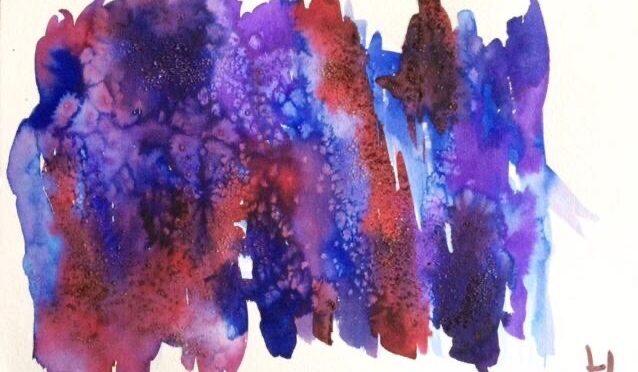This research focus is based on both an empirical and a symbolic definition of space (social, geographical, historiographical), considered as a construction prompted by practices and experiences.
Experiencing space is framed by the layout imposed by objects– architectural, instrumental, or common–as demonstrated by current research on the social life of objects, which grasps them in their interactions with individuals and groups. Such an everyday experience of objects is intertwined with a range of symbolical structures: mental mapping, through which space is both surveyed and imagined; traces of a presence/absence, which are open to the archaeology of events both gone and surviving; palimpsests, with their time layers; and boundaries, both concrete and symbolical, through which space is defined, classified, organized and made one’s own.
The goal here is to overcome the opposition between microscopic and macroscopic levels in the study of spaces and to combine various scales of observation. It aims to reflect upon the incorporation of space and local representations into the current paradigms in the human and social sciences. Each study is embedded in a context of knowledge production, whose dominant or lesser part within the economy of sciences plays an important role. The weight and efficiency of such representations remain important for Central Europe, still marked by the everlasting tension between the fragmentation and re-composition of its borders and territories, but also by multiple feelings of belonging.
This research area is open to sociologists, geographers, art and architecture historians, political scholars, historians and literary historians interested in assessing material and symbolical everyday spaces that could be concrete, palimpsest or ghost spaces. It includes works dealing with the experience of urban and rural spaces, where public and private, indoors and outdoors spaces are built and confronted. Topics revolving around spatial scales can benefit from the impulse given by microhistory to global studies, connecting irreducible situated cases to longue durée.
Research projects whose object is located in Central Europe, connected to this area and other areas or in comparison with other “cultural areas”, will be prioritised.
Image ©️ Nadège Ragaru

